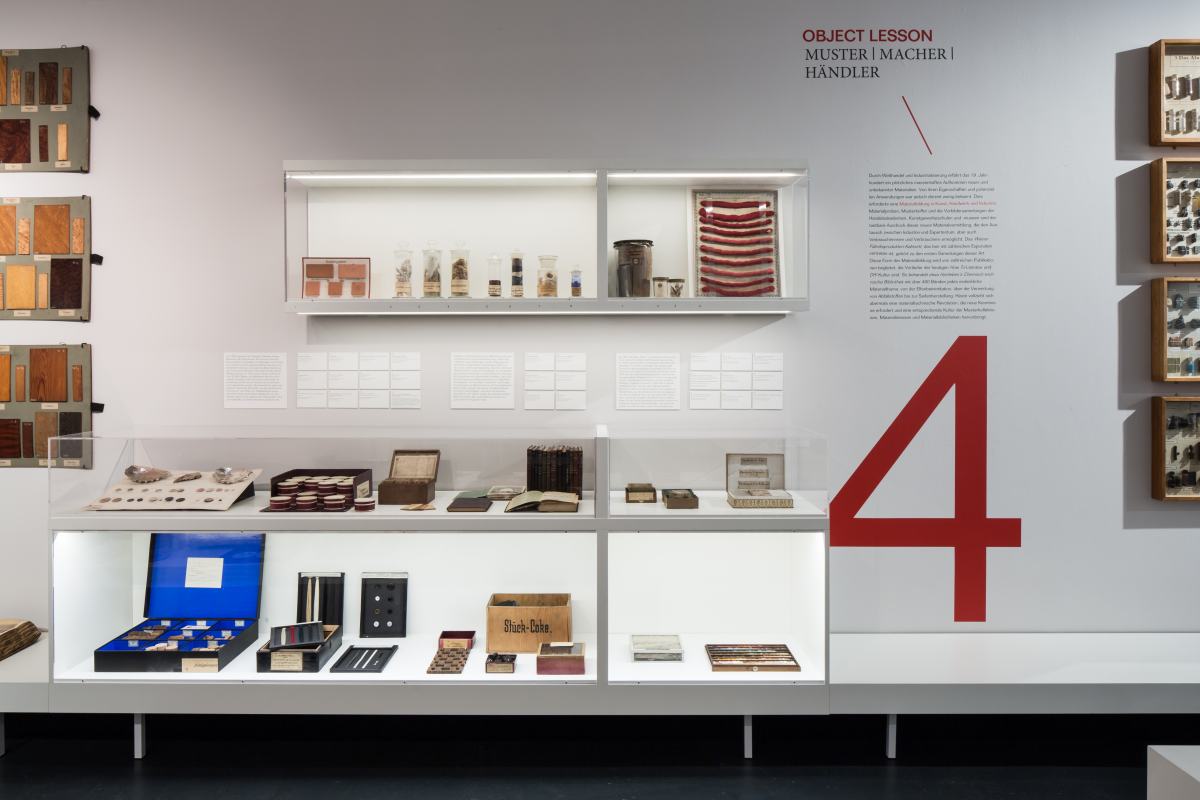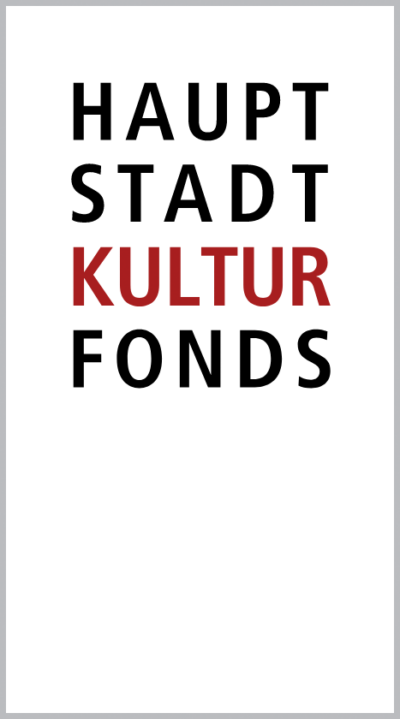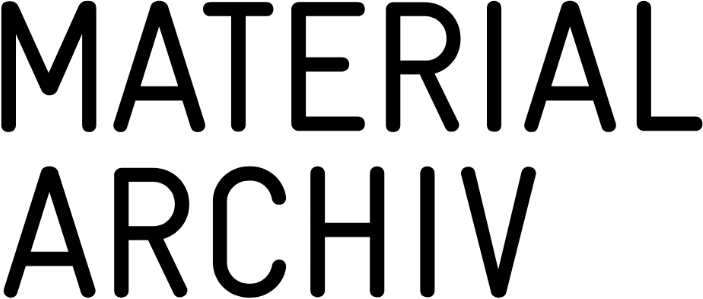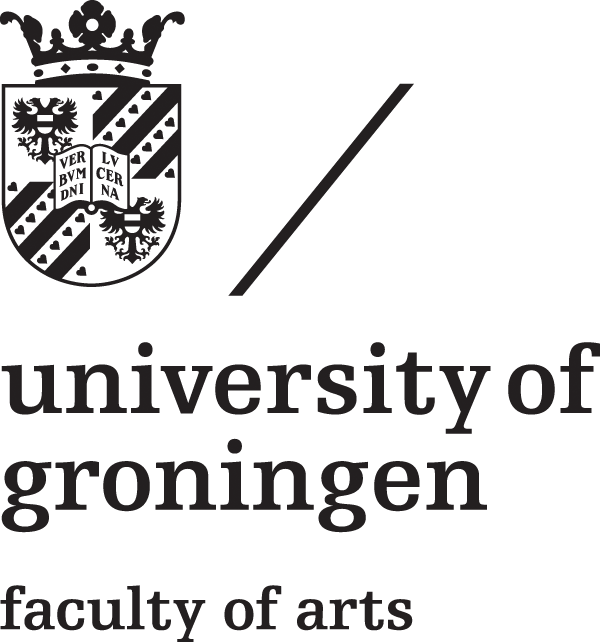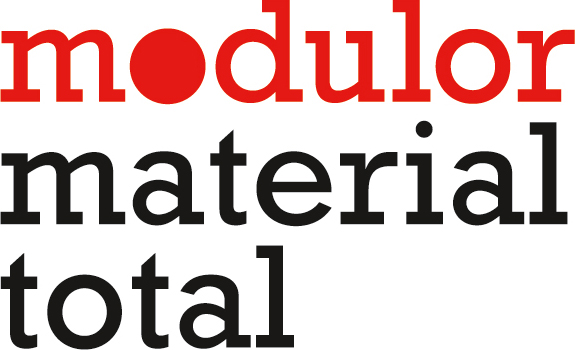If you know how to fabricate a candle from fat or a pen from fishbone, you can survive in prison.
If you know how blood reacts to lemon juice, you can remove stains. If you know why polylactide is more sustainable than polyethylene, you can change the world. Today, knowledge about materials, their origins and processing is valued and desired more than ever before. At the same time, such knowledge is specialized, concealed and expert-owned. How can it become available to everyone?
This exhibition recounts the story of learning with, about, and through materials in eight chapters: in science, at school, in commerce, craft, and at home, in novels and movies, in the archive and on the Internet. From tree books, slag gravel and shell silk to hares’ scuts, cork stoppers and cloud leather and from historical DIY books to a digital material archive, the exhibition shows that material literacy has always been relevant, why it was forgotten, and what it may look like in the future.
The focal point of the presentation is a book and a small box that contains over a hundred materials and objects, including minerals and shells, plaster, gold leaf, sugar and rice. The book describes exemplary dialogues, which encourage children to explore the materials in the box through looking, touching, smelling, and tasting them.
The exhibition takes the principle of Object Lessons as point of departure to tell the story of material education in 8 different chapters. Exhibits from public, private, digital, and physical collections offer an overview of the selected areas and contrast historical with contemporary approaches to material education.
Curated by Ann-Sophie Lehmann (University of Groningen) and Imke Volkers (Werkbundarchiv – Museum der Dinge). The show is accompanied by lectures, educational activities, and an academic conference. There was a conference in Berlin in January 2017. In April 2017, it will travel to the Gewerbemuseum Winterthur, Switzerland.



